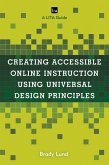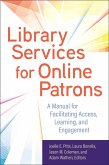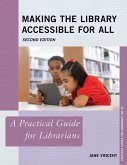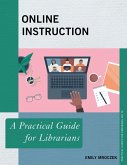What is accessibility? Who needs it? Often, accessibility is defined narrowly, with emphasis on physical limitations. Accessibility needs, however, come in many forms, from vision and hearing impairment, to developmental disorders like Autism, to psychiatric conditions like anxiety, depression, ADHD, and PTSD. Unfortunately, accessibility does not come with a simple set of checkboxes. It is a philosophy and practice that embraces social, physical, and informational elements. Universal design does not come in the form of a quick and easy guide. It is a philosophy. To implement it completely requires more than just screen readers and video captions. Creating Accessible Online Instruction Using Universal Design Principles introduces the need for accessibility in online education and library services and the framework of universal design for learning. It takes a scoping, rather than a purely technical, approach. It will help you not only o create accessible content, but with how to communicate with students in an accessible manner. This LITA Guide covers: accessibility law, Universal Design for Learning and Web Content Accessibility guidelines, and communication and educational research and theory. The content is interspersed with practical examples and case studies.
Bitte wählen Sie Ihr Anliegen aus.
Rechnungen
Retourenschein anfordern
Bestellstatus
Storno









